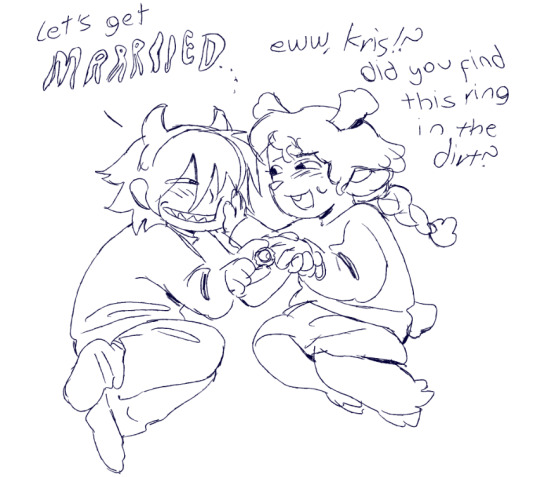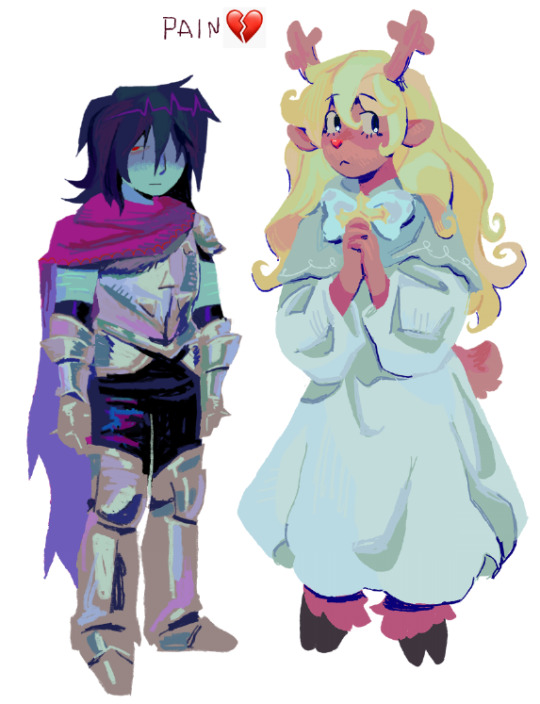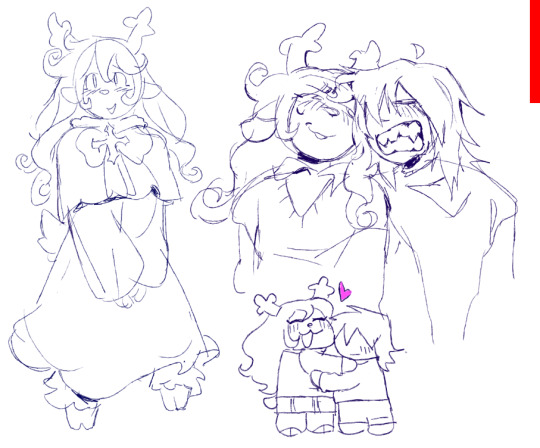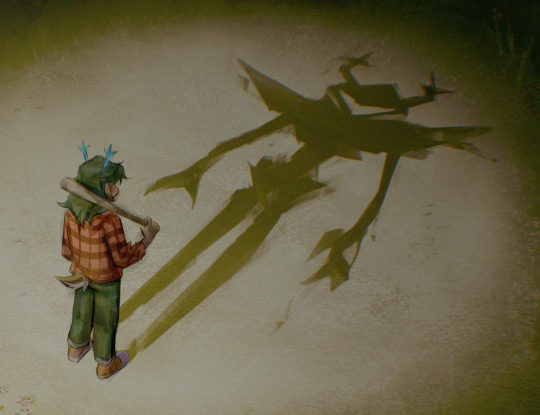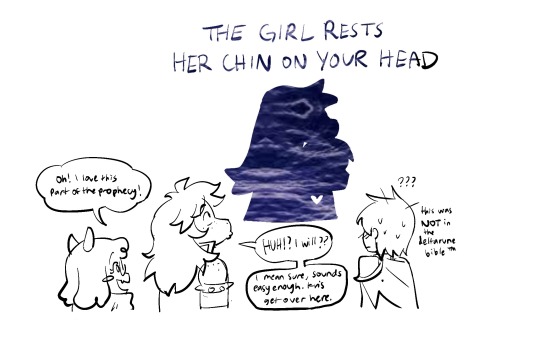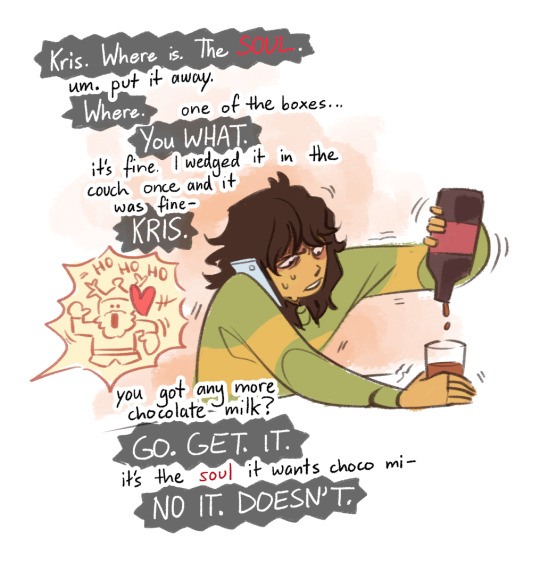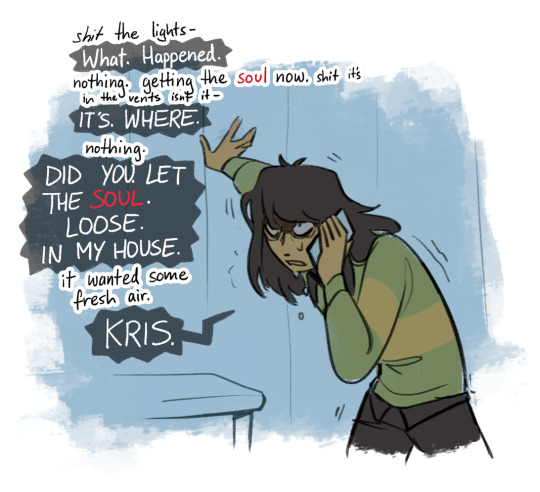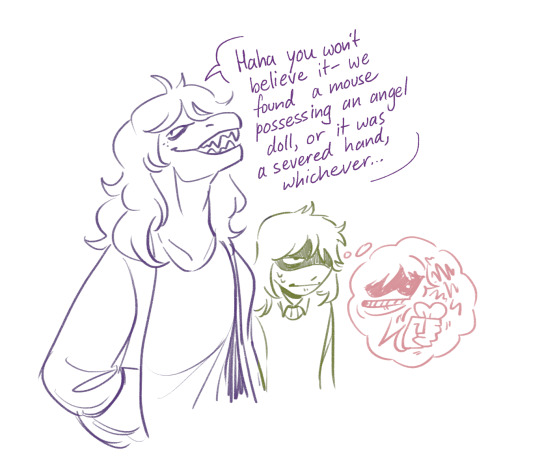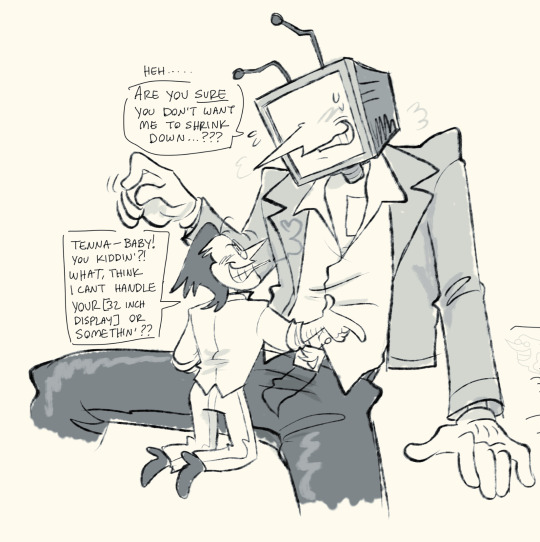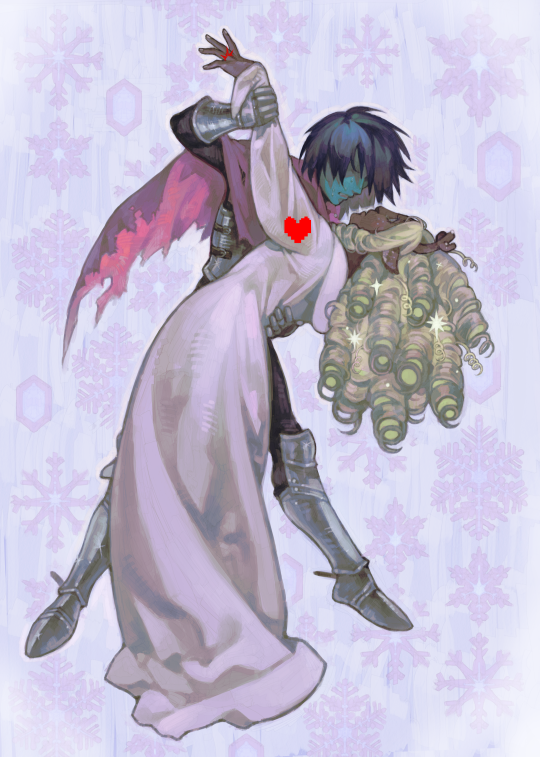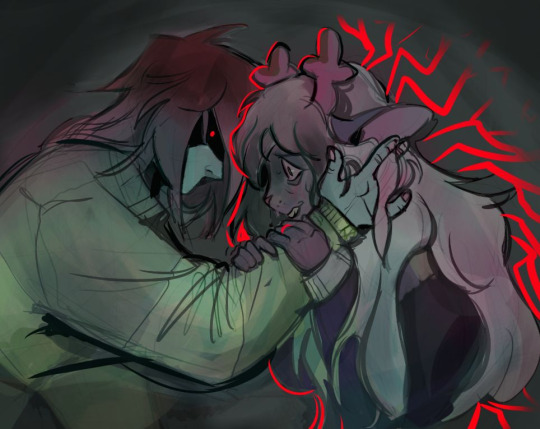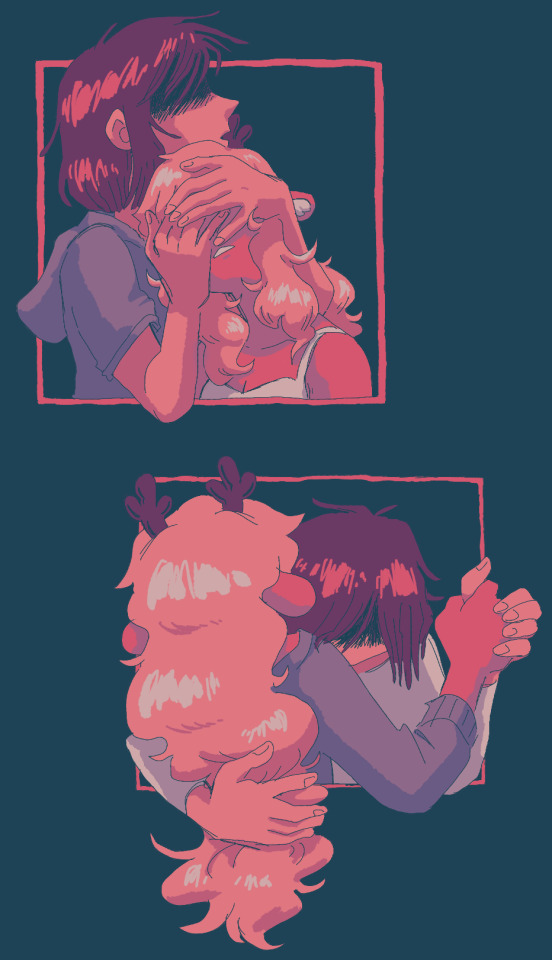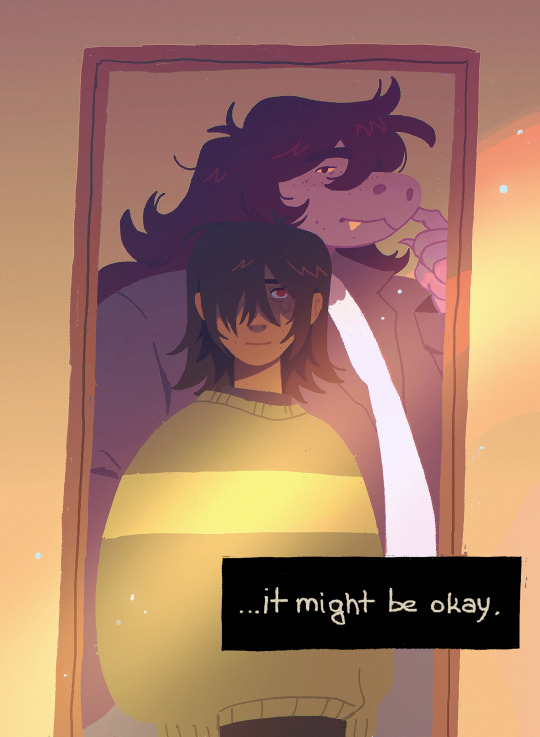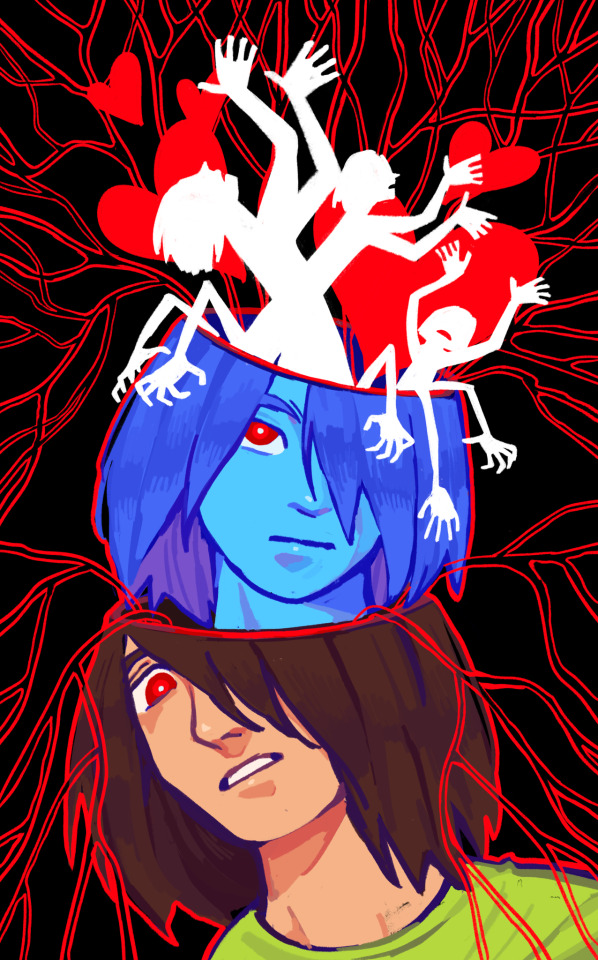... that love is an eternal thing! 🍀 || he/she adult || @silliest-heartaches for art
Don't wanna be here? Send us removal request.
Text

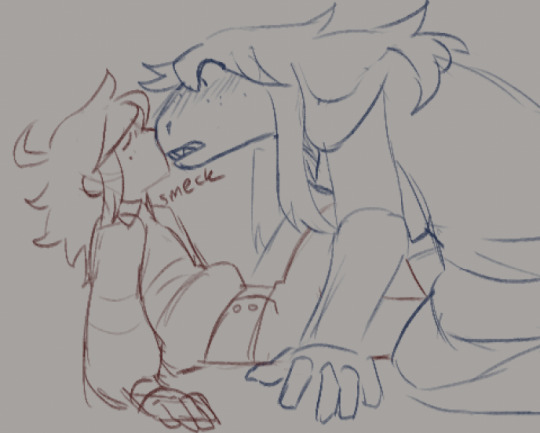

We interrupt your regularly scheduled programming for some krusie
5K notes
·
View notes
Text
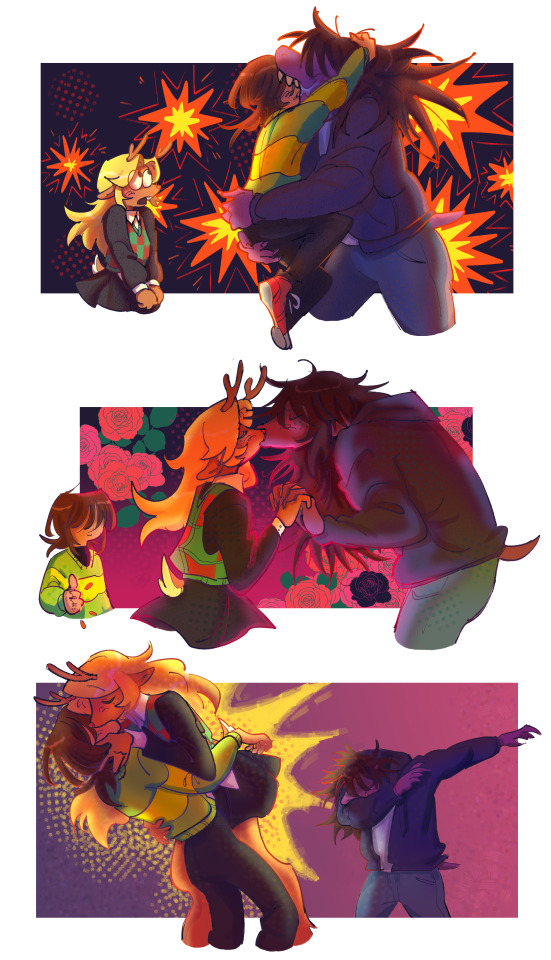
Damn! They're kissing for real!
Alt version and lineart under cut
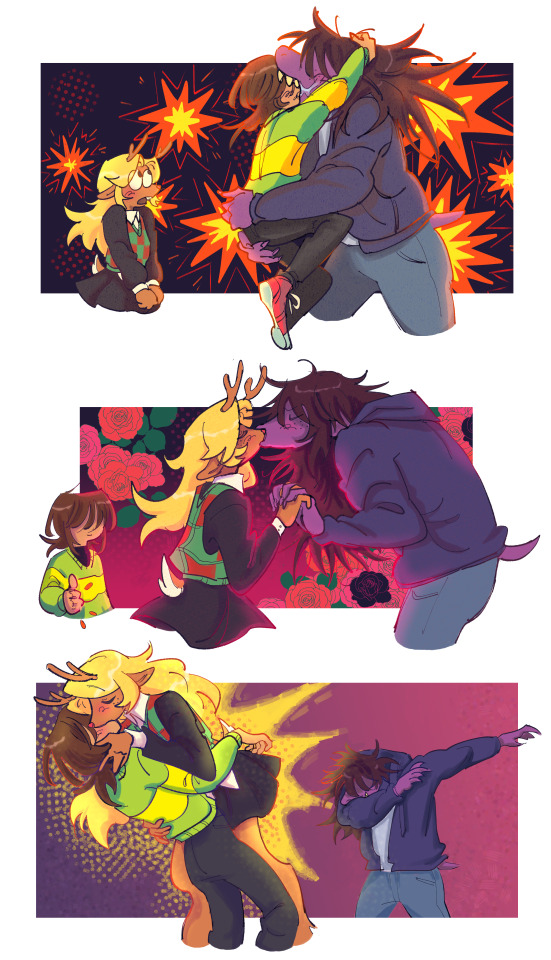
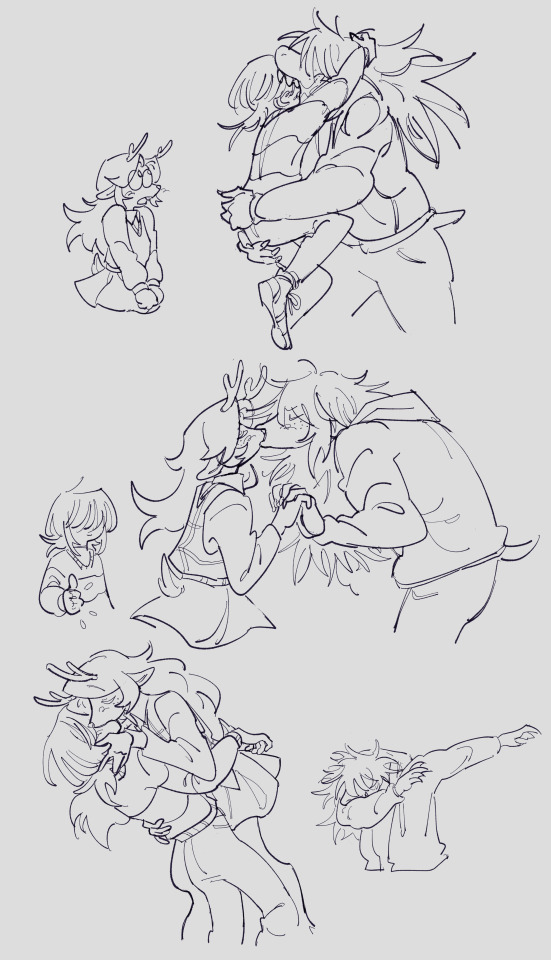
3K notes
·
View notes
Text


two kris drawings I didnt rlly know if i wanted to post I can't tell if I like or dislike them 😮💨 I wanna get good at drawing that armor though I feel like I haven't quite figured them out
30K notes
·
View notes
Text
every polycule got:
plural they/them (attempting to become singular)
will break apart the narrative with her own two hands
people-pleaser transgender allegory
girl whose mother is every strilonde at once
melee player
999 notes
·
View notes
